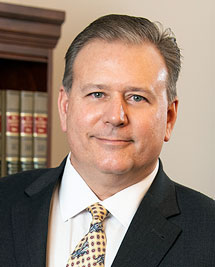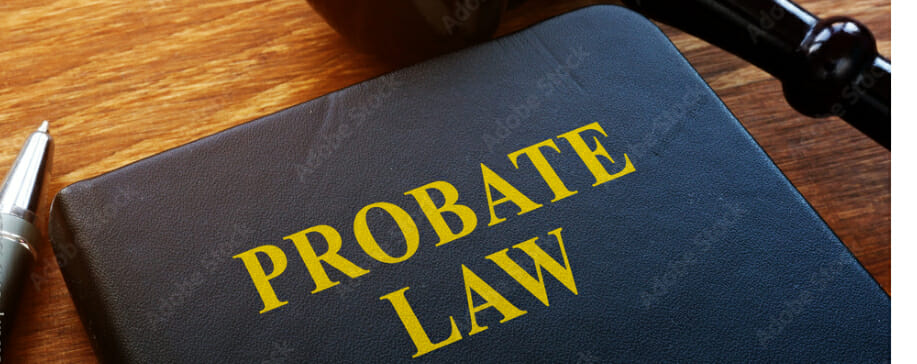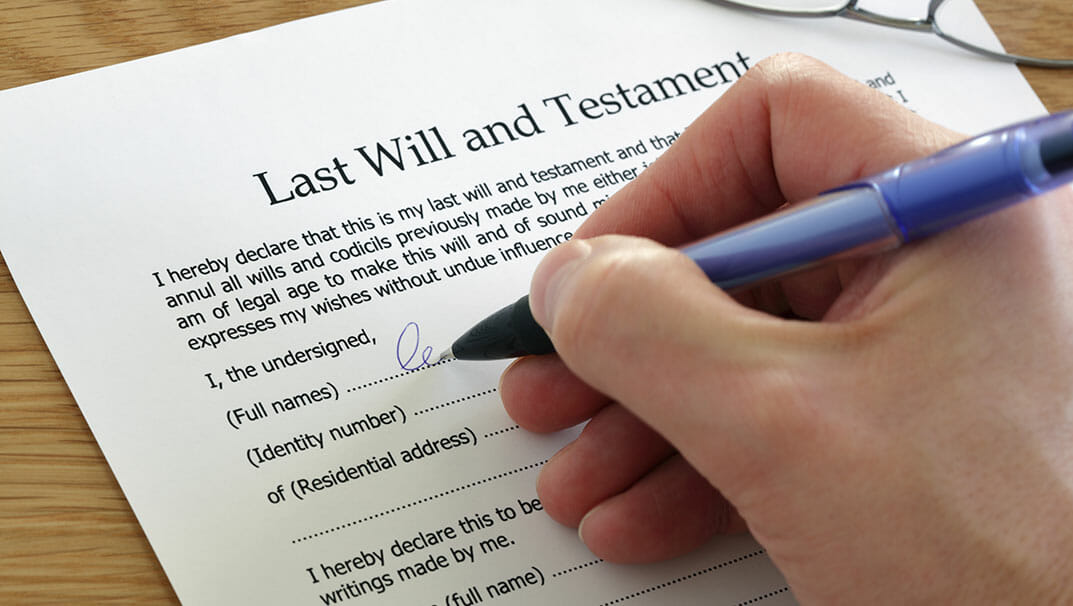How Your Chapter 7 and 13 Bankruptcy Can impact Your IRS Debt
Contrary to what you might see or hear in radio or television commercials — that it’s “easy” to get rid of tax debts through bankruptcy — the truth is it’s not always an open-and-shut case. Many tax debts can’t be “erased” by bankruptcy. Once you emerge from bankruptcy, you’ll still owe, though Chapter 7 is likely a better way to discharge them than Chapter 11. But you still must qualify for discharge AND be eligible.
Determining eligibility for Chapter 7 involves being able to document whether your income is more than the median (average) and that you have enough disposable income to repay a portion of your debts. These are oversimplifications of what you need to prove in order to qualify. You can begin the process yourself by searching for the following forms on the IRS website, or contact a bankruptcy attorney who can provide the forms and assist you in filing and pleading your bankruptcy case:
- Statement of Your Current Monthly Income (Form 122A-1)
- Means Test Calculation (Form 122A-2)
- Statement of Exemption from Presumption of Abuse (Form 122A-1Supp).
When You Can Discharge a Tax Debt
You can discharge (wipe out) debts for federal income taxes in Chapter 7 bankruptcy only if all of the following conditions are true:
- The taxes are income taxes. Payroll taxes or fraud penalties can never be eliminated in bankruptcy.
- You did not commit fraud or willful evasion. If you filed a fraudulent tax return or willfully attempted to evade paying taxes, such as with a false Social Security number on your tax return, there is no relief.
- The debt is at least three years old. The tax return(s) must have been originally due at least three years before you filed for bankruptcy.
- You filed a tax return. You must have filed a tax return for the debt you wish to discharge. In most courts, filing a late return (meaning your extensions have expired and the IRS filed a substitute return on your behalf), you have not filed a “return” per-se and cannot discharge the tax. In other courts, you can discharge tax debt outlined in a late return if you meet the other conditions.
- You pass the “240-day rule.” The income tax debt must have been assessed by the IRS at least 240 days before you file your bankruptcy petition, OR it must not have been assessed yet.
You Can’t Discharge a Federal Tax Lien
A bankruptcy will not wipe out prior recorded tax liens, though it will eliminate your personal obligation to pay the debt and prevent the IRS from going after your bank account or wages. But if the IRS recorded a tax lien on your property before you filed for bankruptcy, the lien remains and you must pay it off before selling the property.
Chapter 13 Debt Discharge – Some Relief Is Available
How much of the tax debt you must repay in Chapter 13 depends on whether it is classified as a priority or nonpriority (unsecured) claim. You must pay priority claims in full through your plan and, generally, a portion of your nonpriority (unsecured) tax debts. Your nonpriority tax debt is combined with your other unsecured debt (such as credit card debt) and paid through your Chapter 13 plan after all priority and secured claims are paid. You cannot fully discharge nonpriority debt; but will need to pay a percentage of your total unsecured debt as part of your plan. The same qualification conditions mentioned in Chapter 7 (above) apply to Chapter 13.
One advantage of Chapter 13 bankruptcy over Chapter 7 is that you don’t have to pay priority tax debts immediately. In Chapter 7 you cannot discharge priority tax debt, nor can you pay it back over time through the bankruptcy. Chapter 13 allows you to do this, meaning you don’t have to immediately liquidate or sell any assets to pay it back right away.
But there are some debts that you must pay back in full through the life of the Chapter 13 plan:
- Tax liens
- Recent property taxes
- Taxes that you are required to collect or withhold
- Certain employment taxes
- Non-punitive tax penalties
- Erroneous tax refunds (and surrender any accumulated credits),
Since the bankruptcy court’s decision supersedes that of the taxing authority, the IRS cannot object to your payment plan or any other measures regarding debt relief ordered by the bankruptcy court.
Being free of crushing debt is an essential part of living the American Dream. With over 35 years of experience in our community, the Fayette County bankruptcy lawyers at Bunch & Brock are committed to providing each of our clients the highest level of personal service. We will help you to create the best plan for eliminating or repaying your debts. Contact our office by calling 859-254-5522 or filling out this online form.

Attorney Matthew Bunch
Matt handles complicated bankruptcies and debt restructuring in Chapters 11 and 13 for both individuals and companies. He has also negotiated with multiple creditors on behalf of his clients to avoid bankruptcy. Matt is the firm’s lead litigator and handles contract disputes, certain personal injury claims and general litigation. [ attorney bio ]














